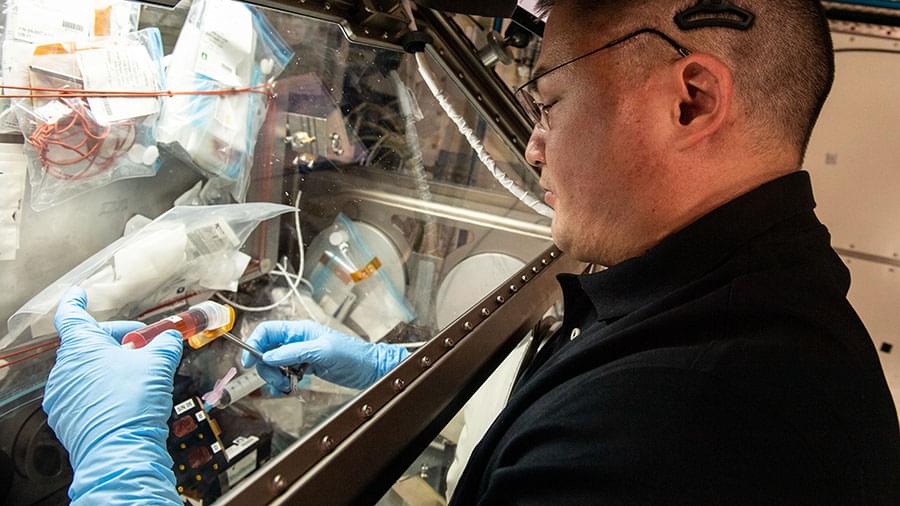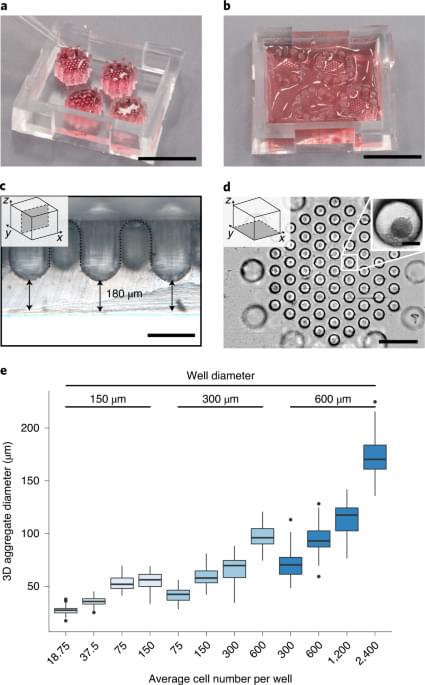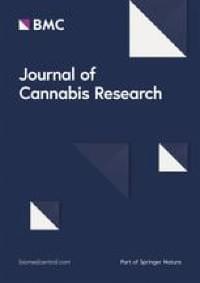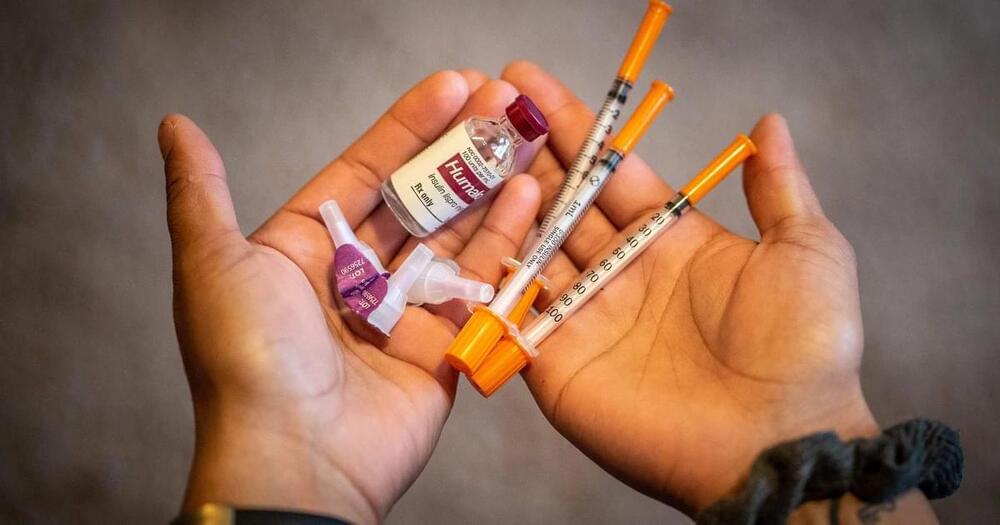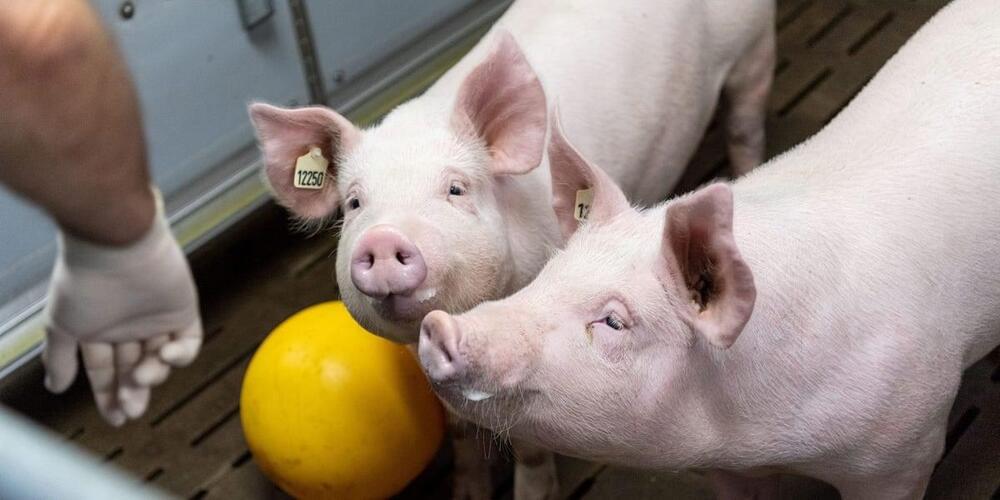Aug 16, 2022
ADHD and Neurodegenerative Disease Risk: A Critical Examination of the Evidence
Posted by Kelvin Dafiaghor in categories: biotech/medical, health, neuroscience
In this review, we undertake a critical appraisal of eight published studies providing first evidence that a history of attention-deficit/hyperactivity disorder (ADHD) may increase risk for the later-life development of a neurodegenerative disease, in particular Lewy body diseases (LBD), by up to five-fold. Most of these studies have used data linked to health records in large population registers and include impressive sample sizes and adequate follow-up periods. We identify a number of methodological limitations as well, including potential diagnostic inaccuracies arising from the use of electronic health records, biases in the measurement of ADHD status and symptoms, and concerns surrounding the representativeness of ADHD and LBD cohorts. Consequently, previously reported risk associations may have been underestimated due to the high likelihood of potentially missed ADHD cases in groups used as “controls”, or alternatively previous estimates may be inflated due to the inclusion of confounding comorbidities or non-ADHD cases within “exposed” groups that may have better accounted for dementia risk. Prospective longitudinal studies involving well-characterized cases and controls are recommended to provide some reassurance about the validity of neurodegenerative risk estimates in ADHD.
Attention-deficit hyperactivity disorder (ADHD) is a psychiatric disorder beginning in childhood that is characterized by core symptoms of inattention, impulsivity, and hyperactivity (Biederman and Faraone, 2005; American Psychiatric Association, 2013; Faraone et al., 2015). Diagnostic criteria require symptoms to present in early childhood, before age 12, and cause impairment in daily activities in more than one setting (e.g., home, school, social environment, and/or interpersonal relationships; American Psychiatric Association, 2013). Although it is largely considered a childhood disorder, 40–60% of cases of ADHD persist into adulthood (Culpepper and Mattingly, 2010; Michielsen et al., 2012; Volkow and Swanson, 2013; Asherson et al., 2016), and the overall prevalence of adult ADHD ranges from 2 to 4% (Kieling and Rohde, 2012; Fayyad et al., 2017).
ADHD may persist into later life as well. Roughly 3% of adults over age 50 suffer from significant symptoms of attention-deficit/hyperactivity disorder (ADHD; Michielsen et al., 2012; Kooij et al., 2016), often presenting as executive dysfunction (e.g., absent-mindedness) and memory impairments (e.g., forgetfulness or difficulty learning new things; Rosler et al., 2010; Thorell et al., 2017; Callahan et al., 2021). These symptoms overlap with those of early neurodegenerative disease (Ivanchak et al., 2012; Pollack, 2012; Goodman et al., 2016; Callahan et al., 2017), and it is currently unclear whether ADHD is associated with an increased neurodegenerative risk, or if it is being misdiagnosed due to symptom overlap (Callahan et al., 2017). Clarifying this issue is crucial to reduce dementia misdiagnoses, and to guide treatment, which will differ depending on whether the disease course is assumed to be neurodegenerative or not.


